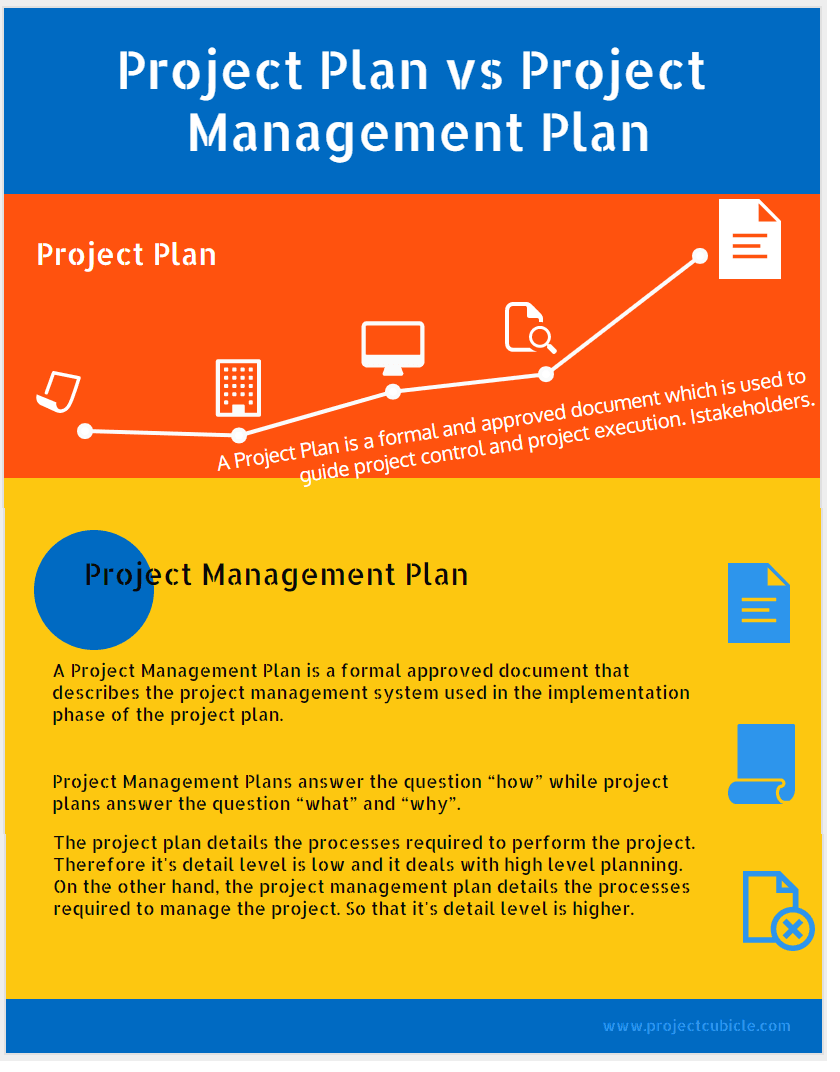
Many characteristics are shared between the major branches, financial and managerial, of accounting. Though both types of accounting produce financial reports, managerial accounting has a different audience and requires a deeper understanding of accounting theory. Financial accounting standards, which are often used by public companies, have some rules that must always be followed in order for financial information to be presented in a consistent fashion. The Financial Accounting Standards Board (FASB) has published a comprehensive set of accounting standards, including GAAP.
Principles of managerial accounting
The principles of managerial account provide insights into the economic activities to support strategic objectives. Applying these principles will enable organizations to have an accurate cost model, timely cost information, and flexibility for internal decision-makers. These principles can be found in the CGMA Competency Framework. They provide an overview on the profession's core values and norms. This knowledge and its application can lead to a better organization's performance. Here are some examples of how management accounting principles could help improve your company's performance.
The principles of managerial account are based upon the concepts of causality as well as analogy. The first principle compares the quantitative output and input quantities of managerial objectives. By using this principle, managers can model costs and allocate costs to various business activities. The second principle involves understanding the information and interpreting it in light of different decision options. This allows managers make the most informed decisions. Management-focused approaches that use both principles achieve the desired results and optimize company operations.

Goals of managerial accountant
Management accounting's primary goal is to give information to managers and business owners for planning, control, and decision-making. This information is crucial to these processes because the decisions that managers make depend on it. Financial accounting information does not contain enough detail to help managers make informed decisions. It must be broken down into individual products and services in order to provide the information managers need to make informed decisions. They must be able conduct what-if analyses to help determine the best course.
Management accounting should arrange data in groups that are simple to understand. The data must be relevant to what is being done. You can group purchase data by country, supplier or product, for example. In addition, management accounting is an important tool for communication. Managers need to know how the organization is performing against its budgets, operating plans, and standards. Management should be made aware of any deviations from budgets and plans so that appropriate corrective steps can be taken.
Scope of managerial accounting
Managerial accounting covers the interpretation and analysis of business data. This information is useful for managers in order to make better business decisions and maximize profits. They use the information to make informed business decisions, such as regarding industry cycles and resource allocation. The field of managerial accounting is very diverse. These are just a few of the key characteristics of this type of accounting. These attributes make it an invaluable tool for managers. Management accounting is also the foundation of financial accounting.
Managemental accounting is necessary to manage overhead costs in a business. It helps you allocate costs based upon the number and quality of your products. It allows managers and analysts to analyse the impact of decisions made on cashflow. Since most companies use accrual, it is often difficult to quantify the impact on cash flow of a single transaction. Managerial accountants also plan for short-term procedures. They assess the profit and cost trends for various products.

Requirements for managerial accountants
Management accountants have a variety of job duties and require a diverse set of skills to be successful. Management accountants must not only be familiar with GAAP, but also understand basic tax principles and know how to manage human capital and financial resources. Leadership and persuasive skills are required for this job. The individual must also be able to communicate well. Other requirements include education and experience in education technology.
For success in their role, management accountants must be able to use strong analytical skills. They should be able to analyze and interpret financial data, and they should be able to communicate complex data in both written and oral forms. Finally, they should be able to demonstrate leadership and have strong ethical standards. Management accountants must comply with a variety of professional standards. A solid knowledge of these principles is critical for success.
FAQ
What is the difference between a project and a program?
A project is temporary; a program is permanent.
A project is usually defined by a clear goal and a set deadline.
This is often done by a group of people who report to one another.
A program often has a set goals and objectives.
It is typically done by one person.
What are the five management processes?
Planning, execution, monitoring and review are the five stages of any business.
Planning means setting goals for the long-term. It includes defining what you want to achieve and how you plan to do it.
Execution takes place when you actually implement the plans. These plans must be adhered to by everyone.
Monitoring is the act of monitoring your progress towards achieving your targets. Regular reviews should be done of your performance against targets or budgets.
Review events take place at each year's end. They are a chance to see if everything went smoothly during the year. If not, then it may be possible to make adjustments in order to improve performance next time.
Evaluation takes place after the annual review. It helps to determine what worked and what didn’t. It also provides feedback on how well people performed.
Why does it sometimes seem so difficult to make good business decisions?
Businesses are complex systems, and they have many moving parts. People who manage them have to balance multiple priorities while dealing with complexity and uncertainty.
The key to making good decisions is to understand how these factors affect the system as a whole.
You need to be clear about the roles and responsibilities of each system. It is important to then consider how the individual pieces relate to each other.
Ask yourself if there are hidden assumptions that have influenced your behavior. If so, it might be worth reexamining them.
Try asking for help from another person if you're still stuck. They might see things differently than you and may have some insights that could help find a solution.
Six Sigma is so popular.
Six Sigma is easy to implement and can produce significant results. Six Sigma also gives companies a framework for measuring improvement and helps them focus on what is most important.
Statistics
- Hire the top business lawyers and save up to 60% on legal fees (upcounsel.com)
- The average salary for financial advisors in 2021 is around $60,000 per year, with the top 10% of the profession making more than $111,000 per year. (wgu.edu)
- Our program is 100% engineered for your success. (online.uc.edu)
- Your choice in Step 5 may very likely be the same or similar to the alternative you placed at the top of your list at the end of Step 4. (umassd.edu)
- The profession is expected to grow 7% by 2028, a bit faster than the national average. (wgu.edu)
External Links
How To
How do you use the 5S in your office?
To make your workplace more efficient, organize everything. A clean desk, a neat room, and a well-organized space are all key factors in ensuring everyone is productive. To ensure space is efficiently used, the five S's (Sort Shine, Sweep Separate, Store and Separate) are all essential. This session will go over each of these steps and show how they can be used in any setting.
-
Sort.Put away papers and clutter so that you don't waste valuable time searching for something that you know is there. This means that you should put things where they are most useful. If you frequently refer back to something, put it near the place where you look up information or do research. Also, consider whether you really need it. If it isn't useful, get rid!
-
Shine. Keep your belongings tidy and organized so you can spend less time cleaning up afterwards. Get rid of anything that could potentially cause damage or harm to others. Find a safe way to store pens that you don't want anyone else to see. A pen holder might be a good investment, as it will prevent you from losing pens.
-
Sweep. You should clean your surfaces often to prevent dirt and grime from building up. To ensure that surfaces are clean and as neat as possible, you might consider investing in dusting equipment. You can even set aside a specific area for sweeping and dusting to keep your workstation looking tidy.
-
Separate. You will save time when disposing of trash by separating it into separate bins. Trash cans are placed in strategic locations throughout the office so you can quickly dispose of garbage without having to search for it. To make sure you use this space, place trash bags next each bin. This will save you the time of digging through trash piles to find what your looking for.